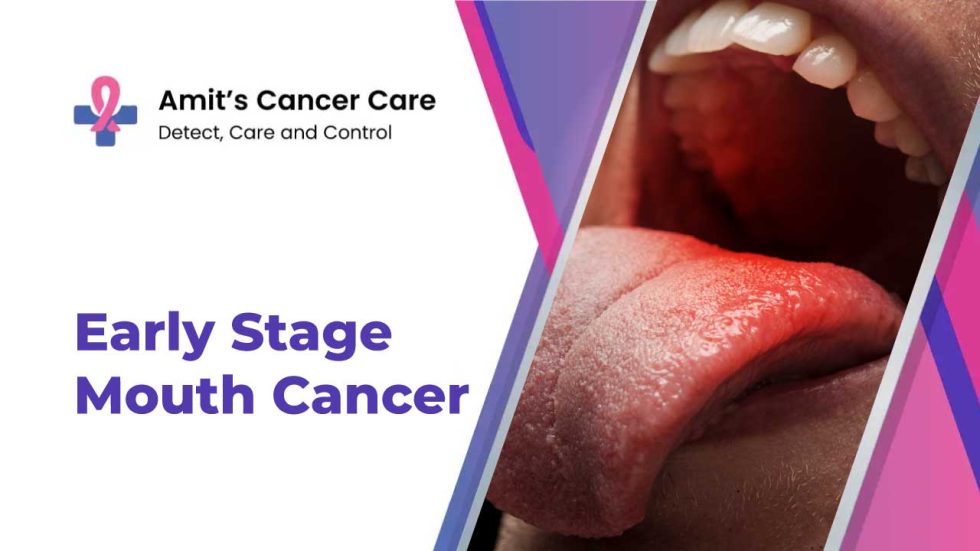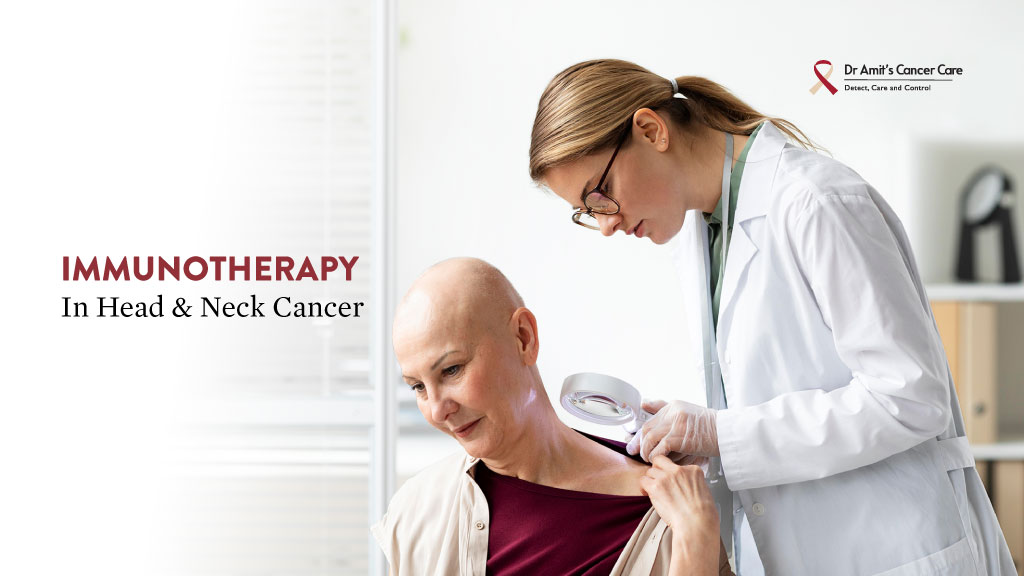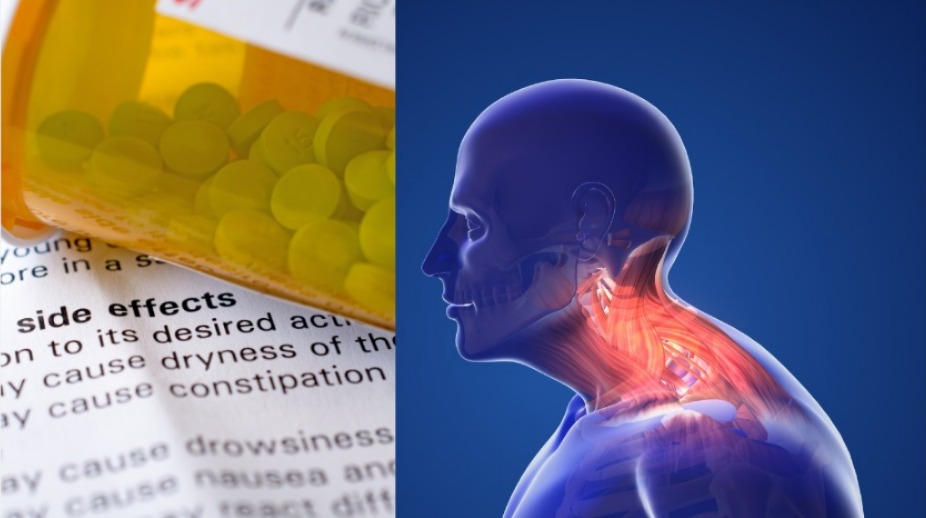Early Stage Mouth Cancer
When it comes to oral cancer, early diagnosis is key to fighting the battle.
Most cases of mouth/cheek cancer are found in the later stages.
Detection made in the early stages can be critical for treating patients with more successful outcomes.
In this blog post, we will discuss what you need to know about early stage cheek and/or mouth cancer including what symptoms look like and which treatments may be appropriate for each stage of diagnosis.
We will also discuss strategies for receiving timely medical care – all in an effort to help individuals protect their health and improve outcomes.
Cheek Mouth Cancer
Cheek and/or mouth cancer is a type of head and neck cancer that affects the tissues in and around the mouth.
While it can affect any part of the oral cavity, it most commonly occurs in the cheeks, lips, gums and tongue.
It is important to note that there are several different types of oral cancers which vary in their severity, treatment options available and prognosis.
Symptoms Of Early Cheek And/Or Mouth Cancer
Unfortunately, many cases of cheek/mouth cancer go undetected in its early stages since symptoms may not be as noticeable or easily detected as more advanced forms of the disease.
Common signs to watch out for include:
Sores or ulcers that don’t heal within few weeks
Red or white patches inside the mouth or on the lips
A lump or thickening in the cheek, gums or other areas around the mouth
Pain, tenderness or numbness of the tongue, lips or other area in and around your mouth
Difficulty chewing, swallowing food or speaking
Unexplained bleeding from within your mouth.
It is important to note that these symptoms may be associated with a variety of conditions;
however, if any for more than three weeks it is recommended to schedule an appointment with a medical professional for further evaluation.
Related Read : Is mouth cancer curable?
Treatment Options For Early Cheek And/Or Mouth Cancer
The treatment options available vary depending on the stage and type of cancer, as well as the overall health of the individual.
Generally speaking, treatment may include Surgery,radiation therapy, chemotherapy or a combination of all.
Surgery is also an option for those with early cases and may require removal of all or parts of affected tissues in order to stop the growth and spread of cancer cells.
In locally advanced cases chemotherapy is given first to downsize the tumour size.
You might also want to Read : Treatment options for Mouth cancer
Receiving Timely Medical Care
It is important to note that early diagnosis is key when it comes to treating and managing cheek/mouth cancer.
That’s why we always recommend being proactive about getting screened if you have any concerns or have noticed changes within your mouth or cheeks that persist over time.
Additionally, those with a family history of head and neck cancers should consider scheduling regular screenings with their doctor in order to identify any potential problems early on.
We understand that taking the proactive approach to health care can be overwhelming and even intimidating at times.
But we hope this blog post helps to provide a better understanding of what you need to know about cheek/mouth cancer and how timely medical intervention can help improve outcomes for those affected.
If you have any questions or would like more information about our practice, please don’t hesitate to contact us directly.
We look forward to hearing from you soon!






